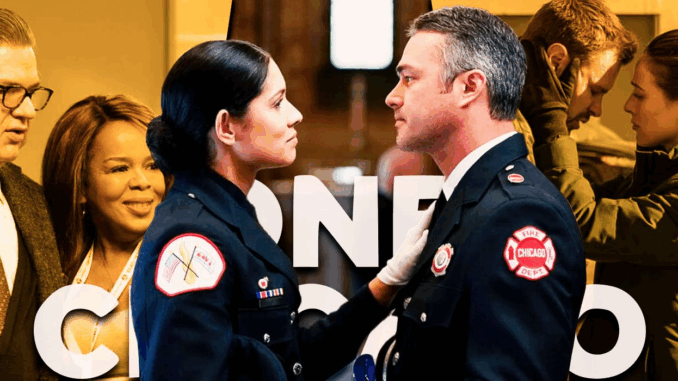
In an increasingly fragmented television landscape, where long-running franchises often struggle to maintain viewership, the “One Chicago” universe – Chicago Fire, Chicago Med, and Chicago PD – consistently defies expectations. Season after season, these shows command strong ratings, dominating their respective time slots and proving their enduring appeal. What’s the secret sauce that allows Dick Wolf’s Chicago-set dramas to thrive when other seemingly similar procedural franchises begin to falter?

It’s not just about the explosions and medical emergencies; it’s a complex recipe of compelling character arcs, a commitment to exploring real-world issues (often with a nuanced approach), and a consistently high production quality that keeps viewers invested. The chemistry between the casts is palpable, creating a sense of family that extends beyond the screen and resonates deeply with the audience. Furthermore, the shows have mastered the art of evolution, allowing characters to grow, face new challenges, and experience significant life events, preventing stagnation. While some may criticize the occasional reliance on tropes, the “One Chicago” writers consistently find ways to inject fresh energy into familiar formulas. They understand the power of a cliffhanger, the emotional punch of a well-executed rescue, and the enduring appeal of heroes fighting for their city. In an era of streaming and endless choices, “One Chicago” stands as a testament to the power of traditional network television, proving that sometimes, sticking to a winning formula with a touch of innovation is all it takes to keep the viewers coming back for more.